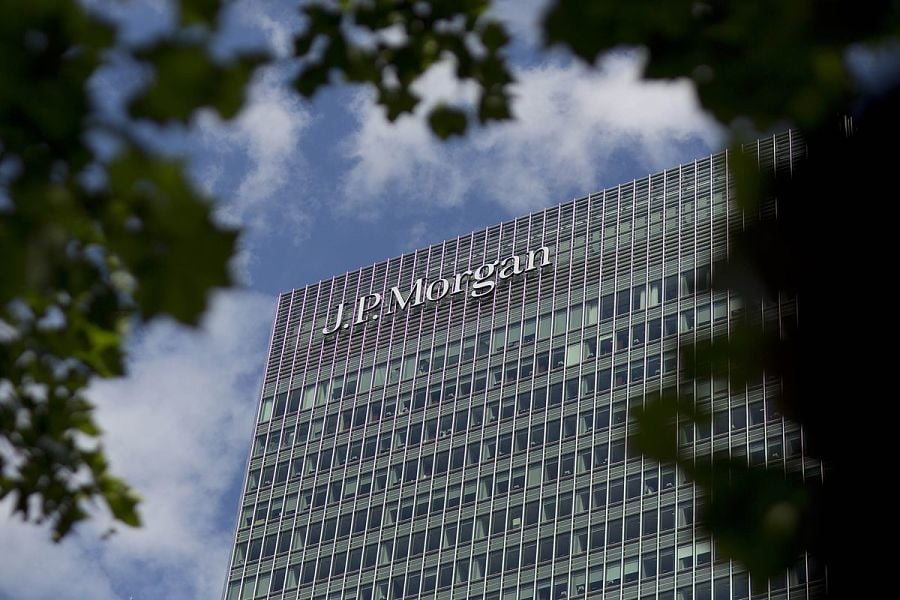

JPMorgan Chase & Co. raised Chief Executive Jamie Dimon’s pay to $36 million for 2023, a year in which the bank notched the highest profit in the history of American banking.
The board granted Dimon a $1.5 million salary and $34.5 million of performance-based incentive compensation, according to a regulatory filing Thursday. His total pay is up 4.3% from 2022, when he made $34.5 million.
“The firm is in a uniquely fortunate position to be led by such a highly talented and experienced executive who continues to grow the company, maintain market leadership positions, strengthen the firm’s reputation, invest in opportunities for the future, promote diversity and best practices, manage risk and develop great leaders, while also maintaining his focus on the firm’s clients,” the board said in the filing.
JPMorgan pulled in $49.6 billion last year, boosted by the Federal Reserve’s interest rate hikes and its purchase of First Republic Bank in a government-led auction. Shares rose 27% during the year, outperforming all major rivals.
That’s now turning into raises of more than 5% for the bank’s top brass. The firm awarded $30 million to President Daniel Pinto, $27 million to longtime asset and wealth management chief Mary Erdoes and $18.5 million apiece to consumer banking co-heads Jennifer Piepszak and Marianne Lake, according to the company.
Dimon, a billionaire, has been in his role for 18 years — a longer tenure than the CEO of any other major bank — and is often the highest-paid of his peers. In October, New York-based JPMorgan said in a filing that Dimon plans to sell 1 million of the bank’s shares, the first such transaction since he took the helm at the Wall Street giant, for financial diversification and tax-planning purposes.
He’s long quipped that he plans to stay in his seat five more years, no matter when asked. That joke turned serious in 2021 when the board gave him a special incentive package worth more than $50 million to stay until at least 2026. Still, Dimon hasn’t indicated he views that award as a career closer. “I can’t do this forever, I know that, but my intensity is the same,” Dimon, 67, said at the firm’s investor day last year. “I think when I don’t have that kind of intensity, I should leave.”
Copyright Bloomberg News

The looming threat of federal funding cuts to state and local governments has lawmakers weighing a levy that was phased out in 1981.

The fintech firms' new tools and integrations address pain points in overseeing investment lineups, account monitoring, and more.

Canadian stocks are on a roll in 2025 as the country prepares to name a new Prime Minister.

Carson is expanding one of its relationships in Florida while Lido Advisors adds an $870 million practice in Silicon Valley.

The approval of the pay proposal, which handsomely compensates its CEO and president, bolsters claims that big payouts are a must in the war to retain leadership.
RIAs face rising regulatory pressure in 2025. Forward-looking firms are responding with embedded technology, not more paperwork.
As inheritances are set to reshape client portfolios and next-gen heirs demand digital-first experiences, firms are retooling their wealth tech stacks and succession models in real time.
